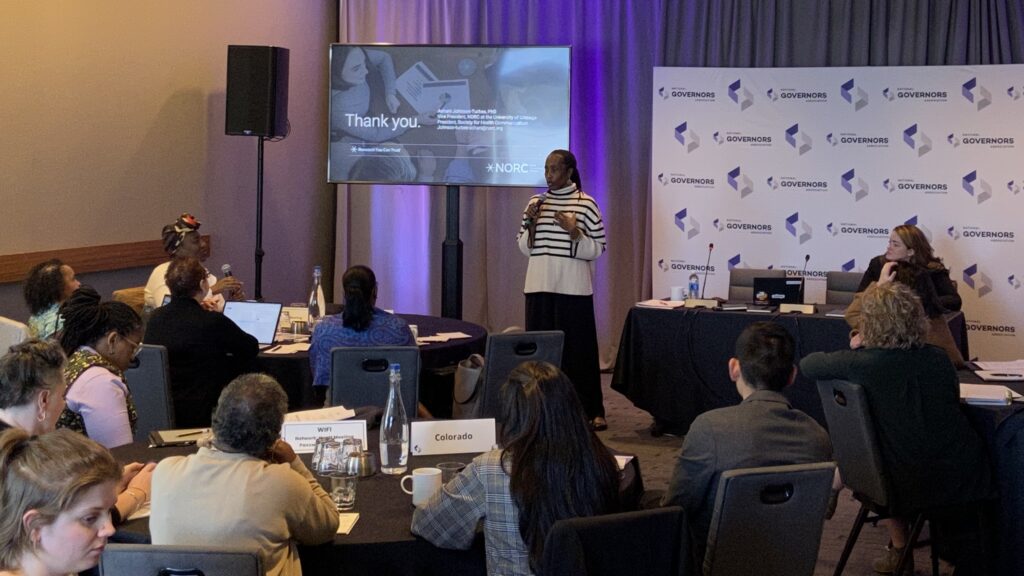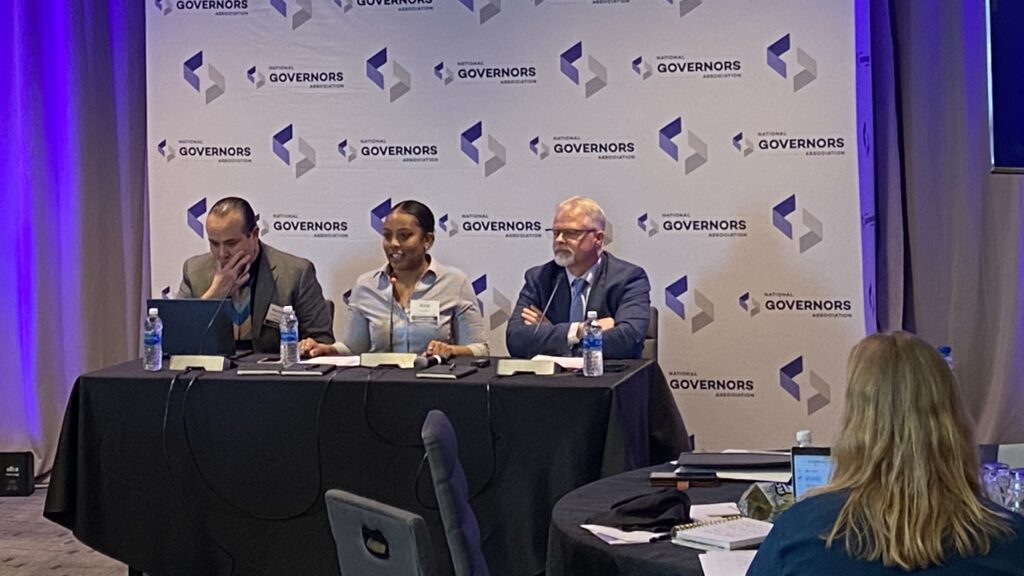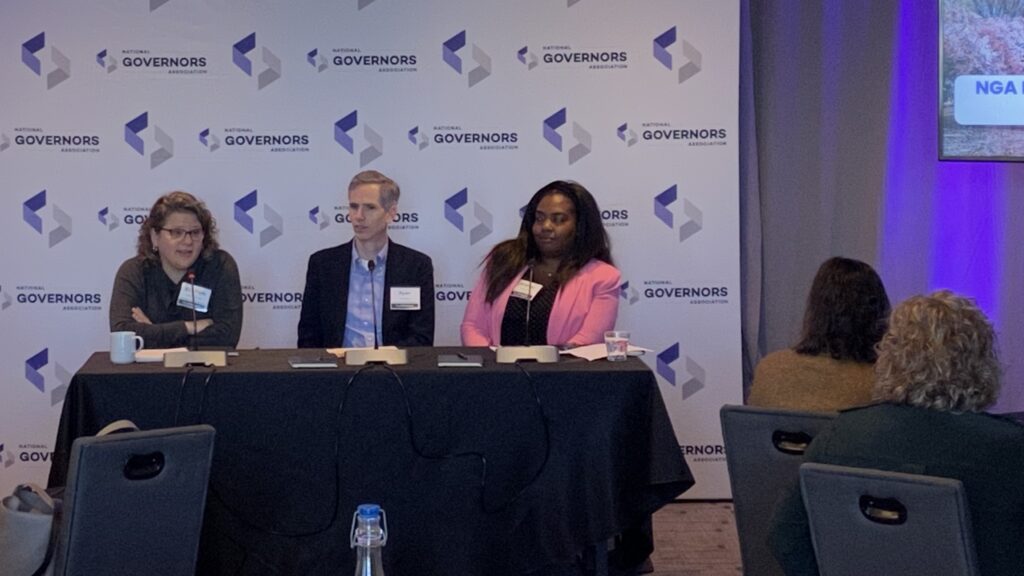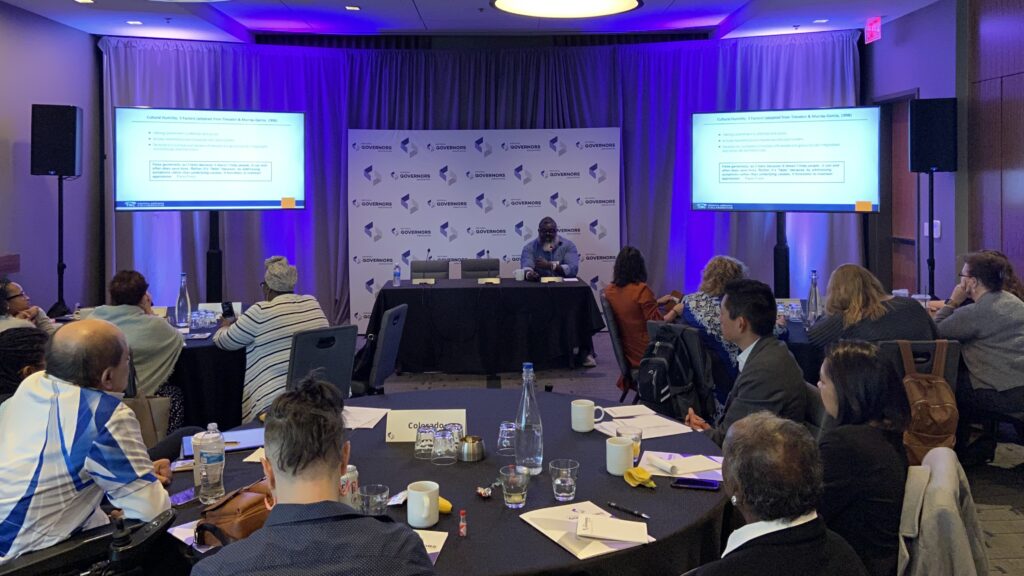With support from the Robert Wood Johnson Foundation (RWJF), the National Governors Association Best Practices Center (NGA Center) supports peer learning to explore policy solutions and reduce health disparities. Launched a learning network. Participating state and territory teams will develop strategic action plans and advance the governor's health equity goals with support from policy experts. Specifically, this learning network will highlight state and territory best practices related to health equity policies across several populations, including people with disabilities, historically marginalized racial and ethnic groups, and rural areas. is focused on. Participating states and territories include Colorado, Wyoming, and the U.S. Virgin Islands.
This learning network builds on the work the NGA Center has done in collaboration with state and territory populations over the past year. In 2023, the NGA Center hosted an in-person roundtable to explore policy solutions.


The new learning network began at a conference held March 11-12 in Tysons Corner, Virginia. The conference convened network teams to engage in peer networking and learning, hear ideas about innovative health equity policies, and begin developing an action plan specifically tailored to the needs of a state or territory. Participants heard from NGA leadership and RWJF, as well as from several subject matter experts. Dr. Ashani Johnson-Turbes from NORC at the University of Chicago spoke about health equity terminology and communication strategies. Bonnie Swenner, Ph.D., Franz Castro, Ph.D., and Caroline Cerilli, Ph.D., of the Johns Hopkins Disability Health Research Center, led a discussion on leveraging disability data to promote health equity. In a discussion moderated by Lamar Polk of the Technical Assistance Collaborative (TAC), Dr. Sabrina Selk of the National Network of Public Health Institutes will discuss how states and territories can use data to support health equity goals. Introduced. TAC's Kevin Martone and Iisaaksiichaa Braine of the Washington Bureau of Equity shared considerations for supporting health equity and access in rural areas. TAC's Dr. LaMont Green shared strategies for intentionally engaging people with lived experiences to ensure state approaches and policies reflect the needs of their communities. To conclude the meeting, state and territory teams facilitated action plans to define short-term goals and next steps.
The next phase of this project will include virtual meetings to facilitate peer learning and engagement with subject matter experts. Participating states and territories will also receive technical assistance and assistance in developing state/territorial action plans to address the Governor's top health equity goals.
The NGA Center looks forward to continuing to support this important effort on behalf of the Governor. To learn more, read our recently published overview. Developed country approaches and communication strategies to support health equitysummarizes the findings identified throughout the project.




